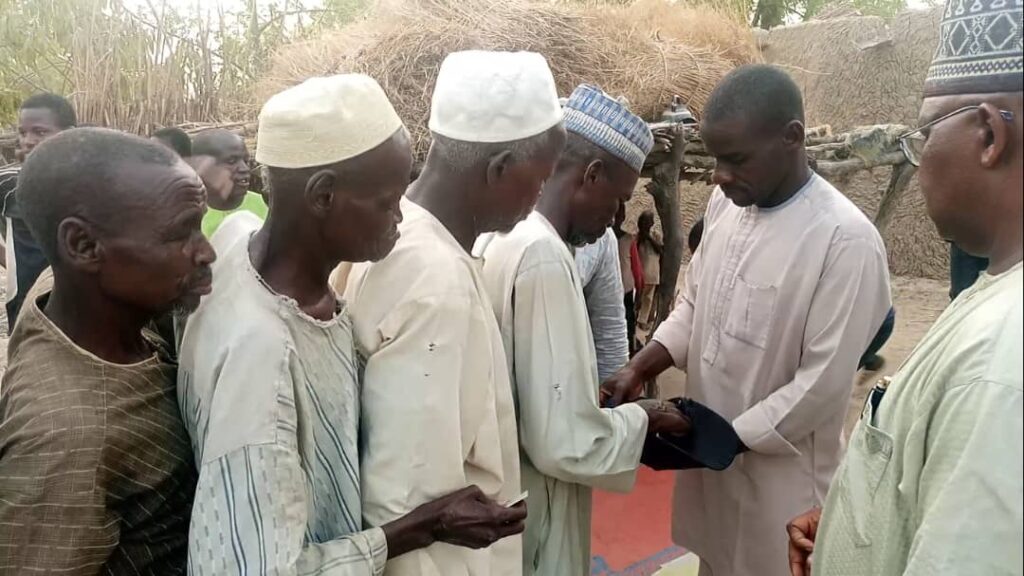By Ibrahim Ibrahim
In Jigawa State, a significant improvement in selecting beneficiaries for the Nigeria COVID-19 Action, Recovery, and Economic Stimulus (NG-CARES) program has been met with widespread approval.
The Jigawa State Community-Based Poverty and Vulnerability Ranking System, combined with a simple random selection technique, has been adopted by the J-CARES Results Area II (FADAMA CARES) Beneficiaries Targeting Selection Committee to ensure support reaches those most in need.
This community-driven approach has been hailed across Jigawa for its effectiveness in targeting the most vulnerable households.
By using local insights to rank communities based on poverty and vulnerability, the process taps into first-hand knowledge, accurately identifying those facing significant economic hardship. This method not only ensures fairness and transparency but also strengthens community ownership and accountability in the selection process.
The random selection component further reinforces impartiality, giving all eligible households an equal chance of receiving assistance, regardless of specific circumstances.
Community feedback has underscored the success of this new method, with families previously excluded by traditional selection processes now accessing crucial support.
This access empowers households to improve their livelihoods and break the cycle of poverty, while the transparent and inclusive approach builds trust between the government and the people.
The J-CARES Results Area II model has become a lifeline for citizens, particularly for those without personal connections to government support.
By embracing community voices and data-driven methods, Jigawa is setting a precedent for effective, equitable social assistance, inspiring similar programs in other states.
In interviews, beneficiaries expressed deep gratitude and satisfaction with the new selection process.

A 65-year-old recipient, Abdu Shu’aibu from Gidan Gona village in Ringim LGA, expressed his thanks to Governor Umar Namadi for the unexpected support.
“Some people came to our village, informed us about the assistance, and requested our identification and phone numbers,” he said. “At first, we were wary of fraud since we had never seen anything like this before.”
He described the distribution process: “We queued up and were given folded papers with different items listed on them—water pumps, rice, maize, millet. I was fortunate to pick millet and was told I would receive three bags of fertilizer, including one UREA and two NPK, along with improved seeds and chemicals. I thank God and the Governor for this assistance, and Insha Allah, I will make sure I use the support wisely.”
Another beneficiary, a 70-year-old woman named Halima Muhammad from Kafin Hausa Local Government, noted that this was the first time she had ever received government support.
“I have never experienced such a transparent selection process,” she said, expressing amazement at the simplicity and fairness of the new approach.
She continued, “If previous governments had used this procedure, I believe every community would have benefitted from government support. I am lucky to have picked a paper for goats, and they informed me that I will receive three female goats and one male goat.”
She concluded by thanking Governor Umar Namadi and the selection committee for their efforts.
This shift in beneficiary selection is being celebrated as a model for direct and effective social support, ensuring that aid reaches those who need it most without unnecessary obstacles.



